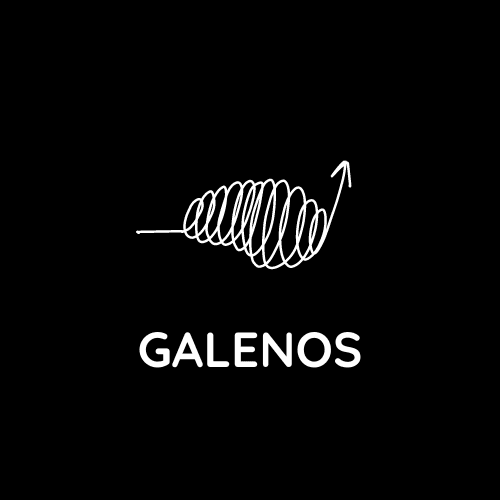Yesterday, managing to entice people away from the beautiful sunshine in Liverpool, we shared the story of GALENOS at the British Neuroscience Association’s Festival of Neuroscience — one of the UK’s most exciting gatherings of brain and mental health researchers.
Our plenary panel — “Bringing Lived Experience into Foundational and Translational Neuroscience” — was a chance to reflect on how the GALENOS collaboration is working to integrate lived experience into complex, foundational research in a way that is both rigorous and meaningful. It was an honour to chair such an honest and energising discussion — with Professor Andrea Cipriani and myself on stage, and Tate Kambeu joining us online from Zimbabwe.
We’re hugely grateful to Wellcome, who not only fund GALENOS, but also commissioned and enabled this plenary session. As our open learning partner, Wellcome supports us to test new ways of working and share what we learn — including the challenges — out in the open.
Key takeaway: Get used to discomfort
If I had to name one takeaway from this session, it’s this: discomfort is often a sign you’re doing something right.
In GALENOS, we are dealing with complex scientific synthesis across human and animal studies. We’re bringing together global lived experience expertise, navigating difficult questions about power, relevance, and evidence. It’s not always smooth — and it shouldn’t be. Discomfort tells us we’re pushing boundaries. It tells us we’re moving beyond the default ways of doing research. The real task — and opportunity — is to sit with that discomfort, learn from it, and use it to build better, more equitable mental health science.
As we continue, we’re excited to be sharing more of what we’re learning. We have a number of papers in progress, not just reporting on the findings of our evidence synthesis, but also on the methodologies we’re developing — including innovative approaches to triangulating animal and human evidence, global co-production, and lived experience involvement in foundational science. These methods are still emerging, and we’re committed to refining and improving them in dialogue with others.
We were also energised by how many people approached us after the session — academics, funders, and practitioners alike — asking how they could get involved, how they could bring GALENOS methods into their own work, or how their expertise could contribute to the collaboration. This is exactly the kind of cross-sector curiosity and commitment we need to move this field forward.

Growing together
GALENOS is not just about generating evidence. It’s about transforming how evidence is prioritised, interpreted, and used. And we’re committed to sharing those lessons as we go.
If you're interested in being part of this journey — whether through research, practice, policy, or lived experience — we’d love to hear from you.
Thanks to everyone who joined us, asked questions, or shared feedback. And again, thank you to Wellcome for making this all possible — and for believing in the value of learning in public.

